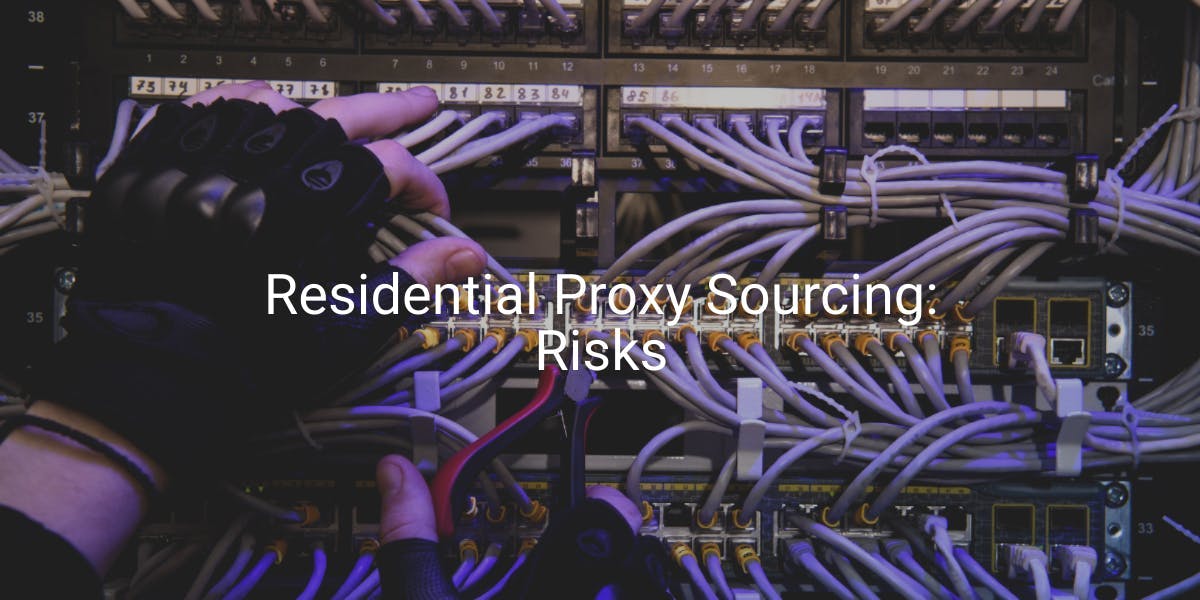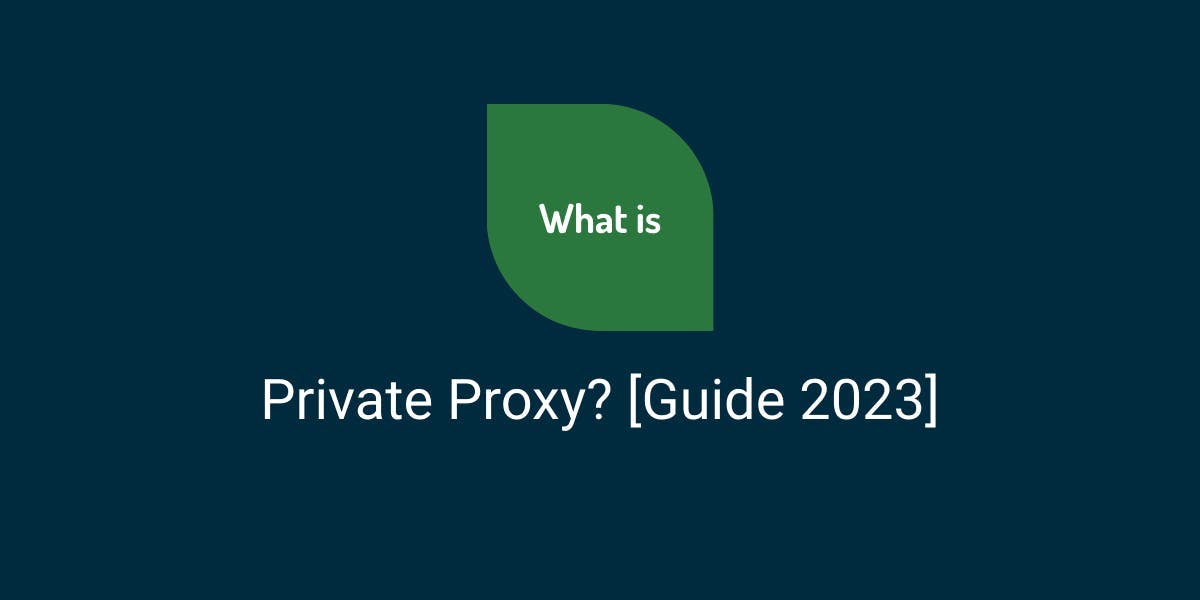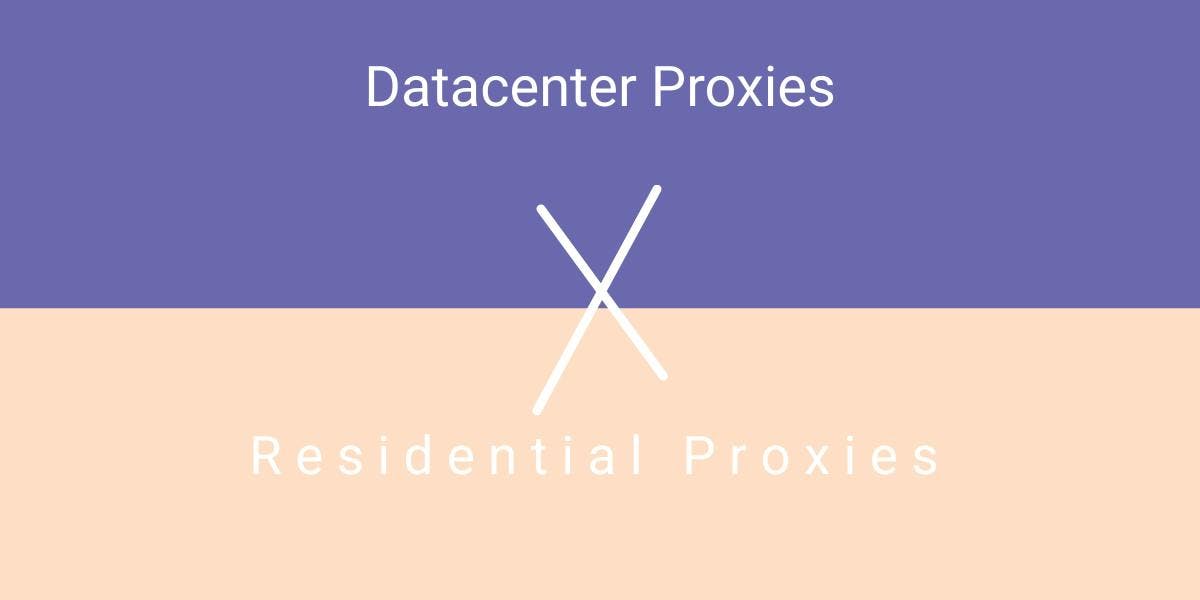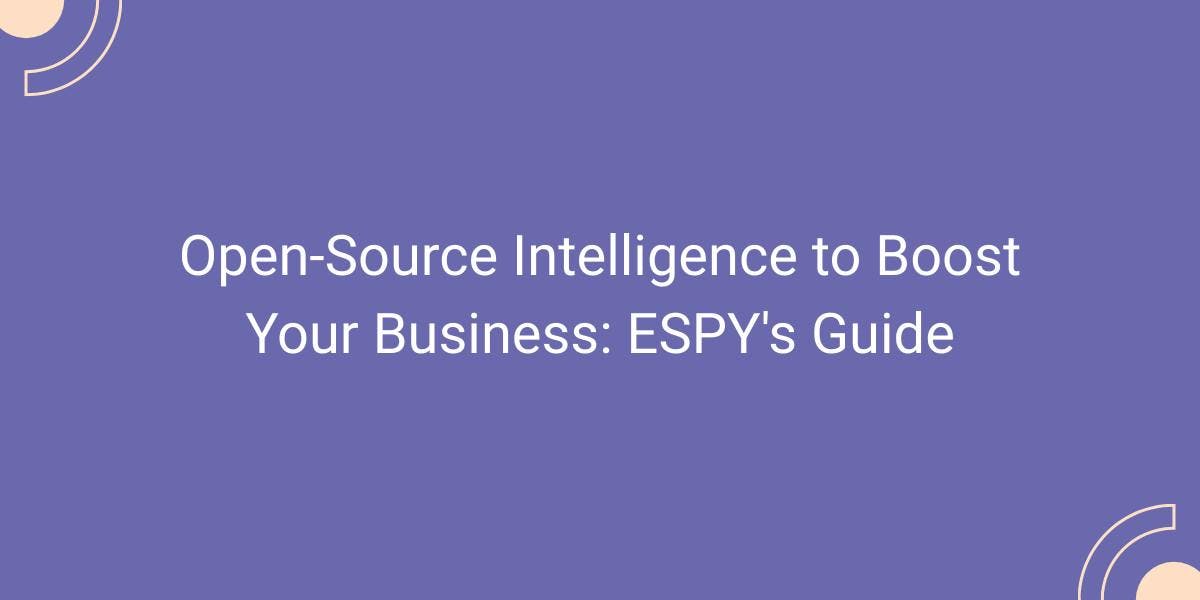Residential Proxy Sourcing: Risks
Flipnode on Jun 12 2023

In the world of proxy-reliant companies, residential proxy servers have long been valued for their numerous benefits. However, little attention has been given to the potential risks associated with the use of unethical or illegal proxies. Ignorance of these risks can prove dangerous for both proxy network participants and businesses utilizing residential proxies. In this article, we delve deeper into the hidden dangers and offer insights into safeguarding your business through ethical proxy practices.
Risks of using unethically sourced proxies
The Perils of Unethically Sourced Proxies:
Unbeknownst to many businesses, engaging in data scraping practices with corrupt providers can have severe repercussions, including reputational harm and negative public perception. Consumers are increasingly sensitive to data privacy concerns, and any association with companies involved in data-based cybercrime can result in lost sales, clients, and partnerships.
To maintain a strong brand image and public trust, it is essential to utilize ethical proxy providers that prioritize data integrity and privacy.
Mitigating Data Breach Risks:
Data breaches remain a significant threat in today's digital landscape, with hackers constantly seeking opportunities to exploit vulnerabilities. Low-quality proxies, especially those obtained from untrustworthy sources, are particularly susceptible to malicious actors who can intercept and access sensitive information transmitted through internet traffic.
For instance, Man-In-The-Middle (MITM) attacks can compromise a company's security, leading to data breaches and the potential leak of confidential information. To mitigate such risks, businesses must prioritize the use of secure, ethically sourced proxies.
Legal Implications:
The use of unethically sourced proxies, including those obtained from illegal botnets, can lead to legal ramifications, potentially resulting in class-action lawsuits. Should your company be held responsible for damages associated with such claims, you may face litigation and substantial legal expenses.
To safeguard your business from legal issues, it is imperative to conduct due diligence when selecting a proxy provider, ensuring they adhere to legal standards and ethical practices.
Financial Consequences:
In addition to legal challenges and lawsuits, utilizing an unethical proxy network can lead to significant financial damages. Companies found liable for harm caused by the use of unethical proxies may face hefty fines, which can have severe financial implications for their operations.
By prioritizing ethical practices and partnering with reputable proxy providers, businesses can avoid these financial pitfalls and protect their bottom line.
Ensuring Stable Web Scraping Operations:
Questionable origin proxies can compromise the stability of your web scraping operations, resulting in increased timeouts and vulnerability to server bans. This instability can lead to poorly executed data extraction, requiring additional time and resources to rectify. Consequently, this incurs extra costs in the long run.
Moreover, disrupted data extraction efforts can jeopardize service agreements and strain relationships with clients. To maintain smooth operations, businesses must opt for reliable, ethically sourced proxies that ensure stability and consistent performance.
How to Mitigate Risks: Best Practices for Ethical Proxy Usage
Mitigating the risks associated with unethical proxy usage requires a proactive approach and adherence to best practices. By following these key steps, businesses can ensure they are employing ethical proxy practices and safeguarding their operations:
Thorough Due Diligence and Research:
When selecting a proxy provider, conducting comprehensive due diligence is crucial. Start by researching and evaluating different providers based on their reputation, track record, and customer reviews. Look for providers that prioritize transparency, data privacy, and ethical data acquisition. Review their terms of service, privacy policies, and compliance with relevant regulations to ensure they align with your business's ethical standards.
Partner with Reputable Proxy Providers:
Choosing a reputable proxy provider is essential for maintaining the integrity of your data collection processes. Reputable providers have established themselves in the industry and prioritize maintaining high-quality proxy networks. They have strict measures in place to prevent unethical practices and ensure the privacy and security of their users' data. Look for providers that have been in the market for a considerable period, possess positive customer testimonials, and are transparent about their data sourcing methods.
Implement Robust Security Measures:
Protecting sensitive data should be a top priority when using proxies. Implement robust security measures, such as encryption protocols, to secure data transmission between your systems and the proxy server. Additionally, consider implementing multi-factor authentication to prevent unauthorized access to your proxy accounts. Regularly update your security measures to stay ahead of potential vulnerabilities.
Regularly Monitor and Assess Proxy Performance:
To maintain a reliable and efficient proxy network, ongoing monitoring and assessment are necessary. Regularly analyze the performance of your proxies to identify any issues, such as slow response times, frequent timeouts, or IP blocks. Monitoring tools and software can help automate this process by providing real-time insights into proxy performance. Address any performance issues promptly by contacting your proxy provider or exploring alternative options.
Stay Updated on Legal and Regulatory Compliance:
The legal landscape surrounding web scraping and proxy usage is constantly evolving. It is essential to stay updated on the relevant laws, regulations, and guidelines governing data privacy, web scraping, and proxy usage in your jurisdiction. Ensure that your proxy provider operates in compliance with these regulations and maintains a proactive approach to legal and ethical data acquisition. Regularly review and update your internal policies and procedures to align with any changes in the legal framework.
Foster a Culture of Ethical Data Practices:
Mitigating risks associated with unethical proxy usage goes beyond technical measures. It also requires fostering a culture of ethical data practices within your organization. Educate your team on the importance of ethical data acquisition and the potential risks associated with unethical proxies. Encourage responsible data usage and compliance with applicable laws and regulations. By promoting a culture of ethical data practices, you create a foundation for long-term success and trust with your customers and stakeholders.
Conclusion
In the era of data-driven decision-making, utilizing web data effectively can be a game-changer for businesses. However, it is crucial to approach data collection and analysis ethically and responsibly. In this article, we have explored the hidden risks associated with unethical proxy usage and provided insights into mitigating these risks through ethical practices.
By conducting thorough due diligence, partnering with reputable proxy providers, implementing robust security measures, monitoring proxy performance, staying updated on legal compliance, and fostering a culture of ethical data practices, businesses can safeguard their reputation, protect sensitive information, and ensure smooth web scraping operations.
Remember, the consequences of unethical proxy usage go beyond legal issues and financial damages—they can harm your brand image, erode customer trust, and lead to missed opportunities. By embracing ethical proxy practices, businesses can build a foundation of trust, differentiate themselves in the market, and unlock the full potential of web data to drive their success.
Together, let's unlock the potential of web data while respecting ethical principles and reaping the rewards of data-driven success.



